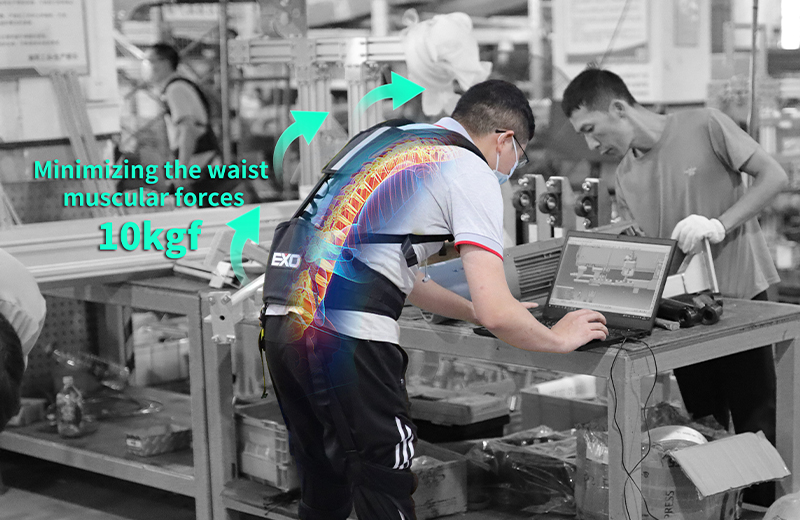China will accelerate the establishment of a modernized export control system, featuring improvements in laws and regulations, government officials said on Thursday at a forum on export control compliance.
The central government will also strengthen guidance and assistance for enterprises facing rising protectionism and abuse of export control in some countries to better protect their legitimate rights and interests, the officials said.
"The Chinese government believes that export control should follow the principles of 'fairness, impartiality and nondiscrimination', and strongly opposes abuse of export control, and unilateral sanctions and long-arm jurisdiction, which have no basis in international law," said Wang Shouwen, vice-minister of commerce and China international trade representative.
Wang said the country will coordinate development and security, as well as openness and security, "to strike a balance between export control and the promotion of law-based trade in the new circumstances".
According to the vice-minister, China is making efforts to release its regulations on export control of dual-use items as soon as possible in order to enhance its legal system on the matter and provide better support to enterprises. Dual-use items are those items that can be used for both civil and military purposes.
In October 2020, China promulgated its national law on export control, which was implemented on December 1 the same year. The first white paper on export control was released at the end of 2021 to give a full picture of the nation's position, system and practices in improving export control governance.
Jiang Chenghua, head of the bureau of industrial safety and import and export control, the Ministry of Commerce, said the legislation process of the draft regulations on export control of dual-use items, which were released by the ministry in April 2022 to seek public opinion, has been accelerated, while the country's export control list is also under constant improvement.
Based on national conditions and advanced international experiences and practices, China has been constantly improving its legal and management mechanisms for export control in order to accelerate the establishment of a modern export control system with Chinese characteristics, Jiang said.
Law-based internationalized and standardized export control compliance is the historical trend, Jiang said, adding that the ministry released the guideline on internal compliance for export control of dual-use items in 2021. The guideline helps enterprises enhance their awareness and improve their ability to follow the law by establishing an internal compliance system.
Officials and experts at the forum criticized the generalization of the concept of national security by some countries and their blatant abuse of export control.
"Some countries are generalizing the concept of national security and abusing export control measures to add multiple enterprises to the so-called entity list and conduct long-arm jurisdiction," said Wang, the vice-minister of commerce.
China has filed cases against some such countries with the World Trade Organization, and the ministry will continue to strengthen guidance to support Chinese enterprises and safeguard their legitimate interests, he added.
Shu Jueting, spokeswoman for the ministry, said at a news conference on Thursday that the United States, in recent years, has been generalizing the concept of national security, abusing export control and interfering with the normal technology exchanges of enterprises through administrative means.
That disrupts the common market order, harms global industrial and supply chain safety and undermines world economic recovery, she said.
The China Chamber of Commerce for Import and Export of Machinery and Electronic Products organized Thursday's forum, during which the chamber also announced the establishment of a committee on export control compliance.
Zhang Yujing, chairman of the chamber, said that export control compliance has become an important front in the high-quality development of China's foreign trade, as well as a necessary means for enterprises to hedge risks, ensure steady growth and boost competitiveness.













